#Black feminism
Text
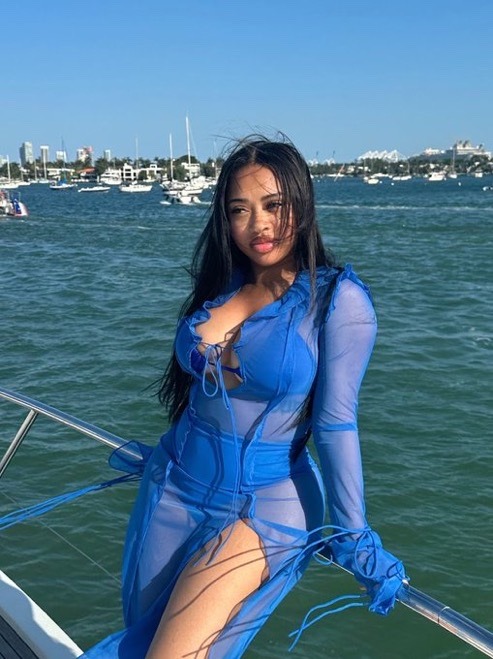

Come closer…
#original photographers#fashion#foryou#makeup#black beauty#natural hair#35mm#black girl magic#black girl moodboard#90s aesthetic#black is beautiful#black femininity#black feminism#black girls rock#blck girl magic#black tumblr#black women#black girl aesthetic#black girl luxury#black girls of tumblr#black girl fashion#black girl beauty#black girls are beautiful#expensive taste#expensive#luxury#luxurious#high maintenance#highlights#fashion style
162 notes
·
View notes
Text
IMPORTANT!!!
I’ve only seen like one person talk about this and it’s super important that this gets out there
Multiple punk symbols and sayings have been added to the FBI’s domestic terrorism guide
Things included are
The symbol for anarchy
ACAB and 1312
The three arrows pointing down in a circle
Eat the rich
Those are a few but it also mentions anything anti-fascist and anti capitalist
So if you live in the US please be careful
#feminism#intersectional feminism#black feminism#feminist#fuck the patriarchy#riot grrrl#inclusive feminism#punk#anti capitalism#anti facist#lgbtq community#equal rights
28K notes
·
View notes
Text
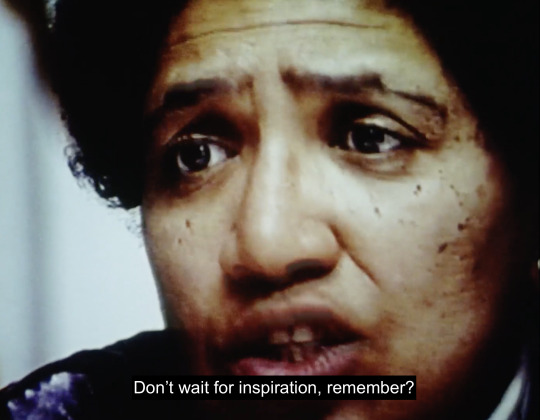
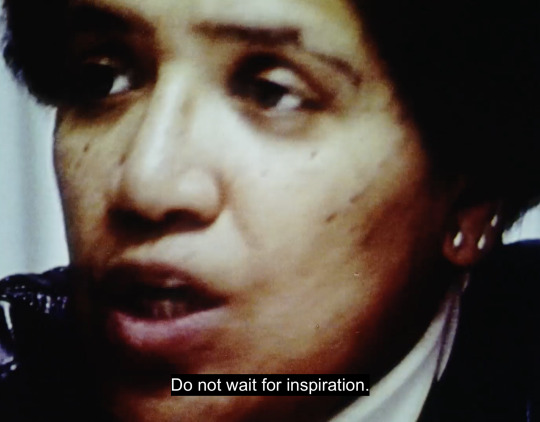
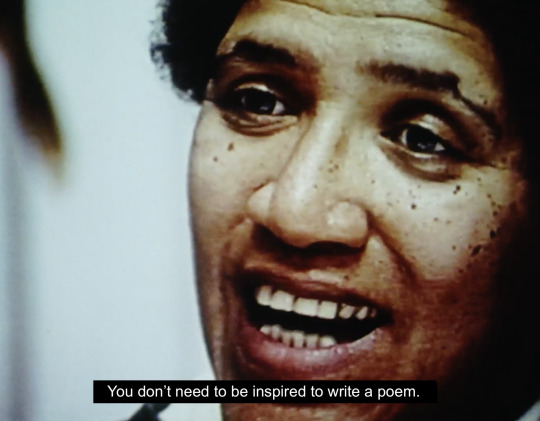
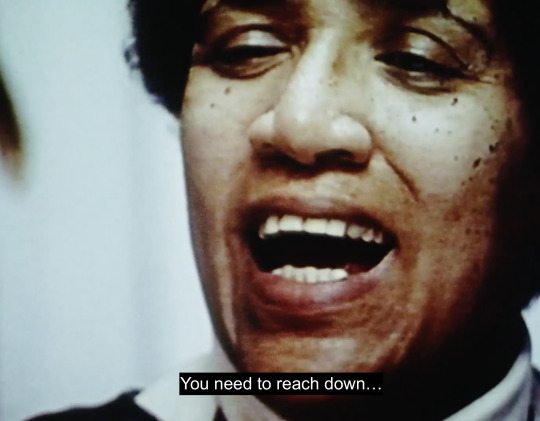
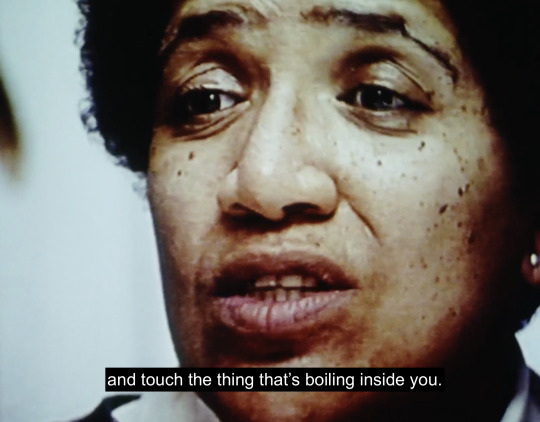

Audre Lorde to her students during a poetry workshop, as shown in A Litany for Survival: The Life and Work of Audre Lorde (1996) dir. by Ada Gay Griffin and Michelle Parkerson
#A Litany for Survival: The Life and Work of Audre Lorde#Audre Lorde#Black women#Black feminism#film#interviews#on writing#edited because I did not originally upload the complete quotation. the last screenshot was added 9-25.
12K notes
·
View notes
Text
The fact that "politically correct", "identity politics", "intersectionality", were all birthed and come from Black feminism, had very specific meanings that have been wholly flouted or extraordinarily distorted is...interesting.
"This focusing upon our own oppression is embodied in the concept of identity politics. We believe that the most profound and potentially most radical politics come directly out of our own identity, as opposed to working to end somebody else’s oppression. In the case of Black women this is a particularly repugnant, dangerous, threatening, and therefore revolutionary concept because it is obvious from looking at all the political movements that have preceded us that anyone is more worthy of liberation than ourselves. We reject pedestals, queenhood, and walking ten paces behind. To be recognized as human, levelly human, is enough." from the Combahee River Collective
"And a man cannot be politically correct and a chauvinist too" from On The Issue of Roles by Toni Cade Bambara
Intersectionality is not primarily about identity, it's about how structures make certain identities the consequence of and the vehicle for vulnerability.
Kimberlé Crenshaw
2K notes
·
View notes
Text
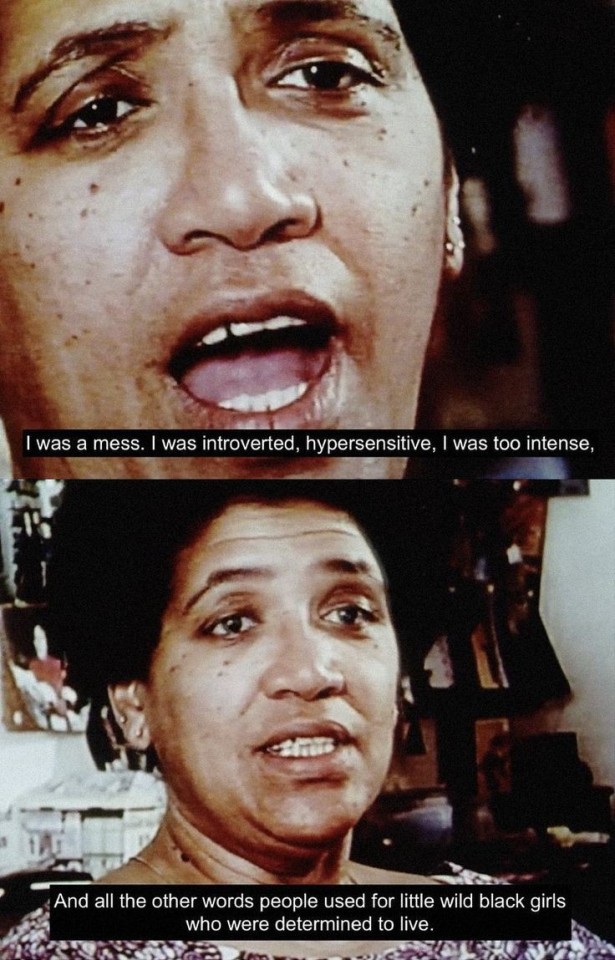
A Litany for Survival: the Life and Work of Audre Lorde (1995)
2K notes
·
View notes
Text

#allurahomeofbeauty#aesthetic#melanin#fashion#photography#black beauty#beauty#self love#black girl#black girls of tumblr#luxury tumblr#tumblr#artists on tumblr#black girl magic#black girl aesthetic#black girl moodboard#black feminism#black girl luxury#y2k#90s#vintage#retro#vintage aesthetic#90s nostalgia#90s aesthetic#black girl beauty#black girl fashion#beauty moodboard#beauty aesthetic#black women magic
577 notes
·
View notes
Text
i didn't hear about Alice Walker defending JK Rowling! she's a womanist/Black feminist who speaks so much on the unique Black female experience, which is often ignored and depreciated as Black women often are, so is it any wonder she questions the erasure of the female experience for all women? it's mad for anybody intimately familiar with her work to be surprised by this, madder still to construe this as "cis feminist ignorance" when this is so in keeping with everything she's been about.
for any fems unaware she received backlash from within the Black community after 'The Color Purple' film was made based on her novel, as it depicts Black male violence against Black women. Black men particularly accused her of being "anti-Black men". certainly she knows how important the discussion of sex, sexuality, sexual violence and exploitation is for feminism and isn't concerned about disrupting male supremacy.
i really love her for it & i'm sad Black folks, particularly Black women, are shutting her down instead of listening and considering her perspective. she is one of the Greats of Black literature and Black feminist thought, having coined the term womanism to mean Black feminism. it's insane to dismiss or even "cancel" an elder as great as she is.
#i replaced the broken link guys sorry!#radblr#terfblr#alice walker#womanism#black feminism#terf#feminism#original posts
568 notes
·
View notes
Text
Being a radfem is so nice sometimes. Everyone in this community that I’ve interacted with is so kind. It’s like having a bunch of aunties/sisters. Love the girlies 🫶🏽
#radblr#radical feminism#radical feminists do interact#radical feminist safe#terfsafe#black feminism#girlblogging#terfblr#this is a girlblog#misandry
216 notes
·
View notes
Text


revolutionary women’s art.
Panther Rally flyer from a Boston women’s liberation front
268 notes
·
View notes
Text


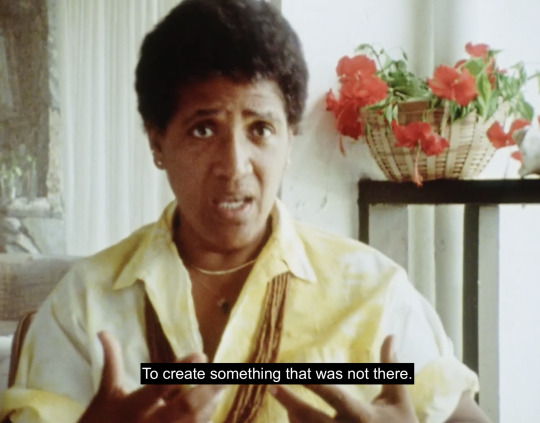
A Litany for Survival: The Life and Work of Audre Lorde (1996) dir. by Ada Gay Griffin and Michelle Parkerson
#A Litany for Survival: The Life and Work of Audre Lorde#Audre Lorde#Black women#Black feminism#film#interviews#on writing
7K notes
·
View notes
Text
I think of Debbie Africa, who gave birth secretly in prison, how the other women prisoners used sounds to shield her birth process. They protected the two of them from guards so that she and the baby were able to share precious time together, undetected for days. I think of Assata Shakur too, impossibly conceiving and giving birth to her daughter while being a political prisoner, mostly in solitary confinement. And how she listened to her angry daughter, and the dreams of her grandmother when they told her she could be free. They could be together.
from Undrowned: Black Feminist Lessons from Marine Mammals by Alexis Pauline Gumbs
#Alexis Pauline Gumbs#Debbie Africa#Assata Shakur#the carceral state is waiting#quotidian surveillance is business as usual#Blackness as possibilities#the possibilities of refusal#Black feminism#we bow our heads in worship#rearing Black children#tenderness as a lingering touch#care is the sweetest touch
420 notes
·
View notes
Text
I'm currently relistening to Motown by Neil Hilborn for the first time since I was like 16 and I think that's where I'm gonna leave this blog for a day or two.
It shifted my perspective as a White suburban trans kid in Indiana who grew up in the shadow of a Sundown Town discovering what action looked like for the first time in the wake of the Ferguson Unrest and Mike Brown's murder. A kid barely older than me murdered for existing across the country while I confronted it in a town where assuredly half a century before my birth other kids certainly met the same fate.
I keep reflecting on Roger Guneveur Smith, "They like Black music, but they hate Black people." I keep reflecting on music, the Black foundations of American music. I keep reflecting on Audre Lorde, Kimberlé Crenshaw, bell hooks. I keep reflecting on Intersectionality, the Black foundations of the theory, especially American theory.
And you know? They sure do like Black theory.
144 notes
·
View notes
Text
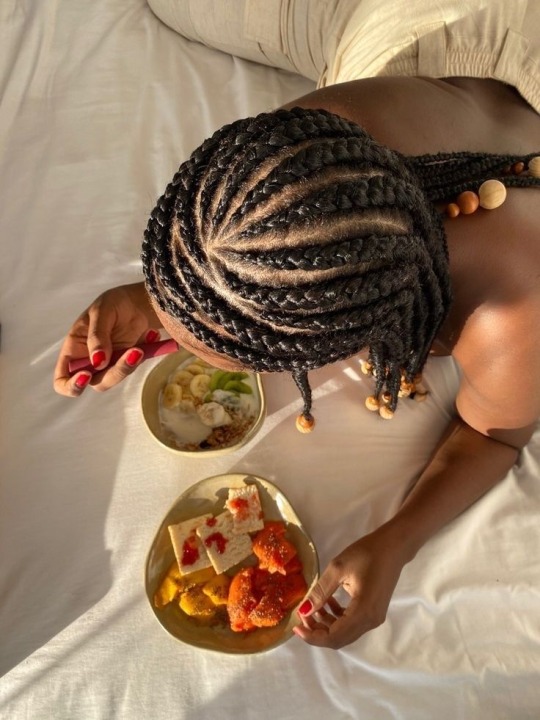
#allurahomeofbeauty#melanin#aesthetic#black beauty#black girls of tumblr#tumblr#black tumblr#black femininity#black feminism#divine feminine#beauty aesthetic#black women beauty#black women#black women travel#travel#summer#caribbean
441 notes
·
View notes
Text
Time to learn about more people and things that influenced my politics~
The Combahee River Collective.
They were a Black feminist lesbian socialist organization active in Boston, Massachusetts from 1974 to 1980.
"The Collective argued that both the white feminist movement and the Civil Rights Movement were not addressing their particular needs as Black women and more specifically as Black lesbians.
Racism was present in the mainstream feminist movement, while Delaney and Manditch-Prottas argue that much of the Civil Rights Movement had a sexist and homophobic reputation."
The Collective is perhaps best known for developing the Combahee River Collective Statement, a key document in the history of contemporary Black feminism and the development of the concepts of identity politics as used among political organizers and social theorists, and for introducing the concept of interlocking systems of oppression, including but not limited to gender, race, and homophobia, a fundamental concept of intersectionality. Gerald Izenberg credits the 1977 Combahee statement with the first usage of the phrase "identity politics".
Source
Demita Frazier, Beverly Smith, and Barbara Smith were the primary authors of the Combahee River Collective Statement in 1977. [...]They sought to destroy what they felt were the related evils of capitalism, imperialism, and patriarchy while rejecting the belief in lesbian separatism. Finally their statement acknowledged the difficulties black women faced in their grassroots organizing efforts due to their multiple oppressions.
In “A Black Feminist’s Search for Sisterhood,” Michele Wallace arrives at this conclusion:
We exists as women who are Black who are feminists, each stranded for the moment, working independently because there is not yet an environment in this society remotely congenial to our struggle—because, being on the bottom, we would have to do what no one else has done: we would have to fight the world. [2]
Wallace is pessimistic but realistic in her assessment of Black feminists’ position, particularly in her allusion to the nearly classic isolation most of us face. We might use our position at the bottom, however, to make a clear leap into revolutionary action. If Black women were free, it would mean that everyone else would have to be free since our freedom would necessitate the destruction of all the systems of oppression.
#i think of that line at least twice a month#and this is why you will NEVER catch me not having solidarity with black women#combahee river collective#black feminism#black feminists#demita Frasier#Beverly smith#Barbara smith#black lesbians#queer history#lgbt History#black history#queer rights#lesbian rights#solidarity#identity politics#lgbt#capitalism#i should start recommending this as a starter too tbfh#queer#lesbian history#black women#black revolutionaries#lesbian revolutionaries#intersectionality#feminism#lesbian#patriarchy#white feminism#feminists
124 notes
·
View notes